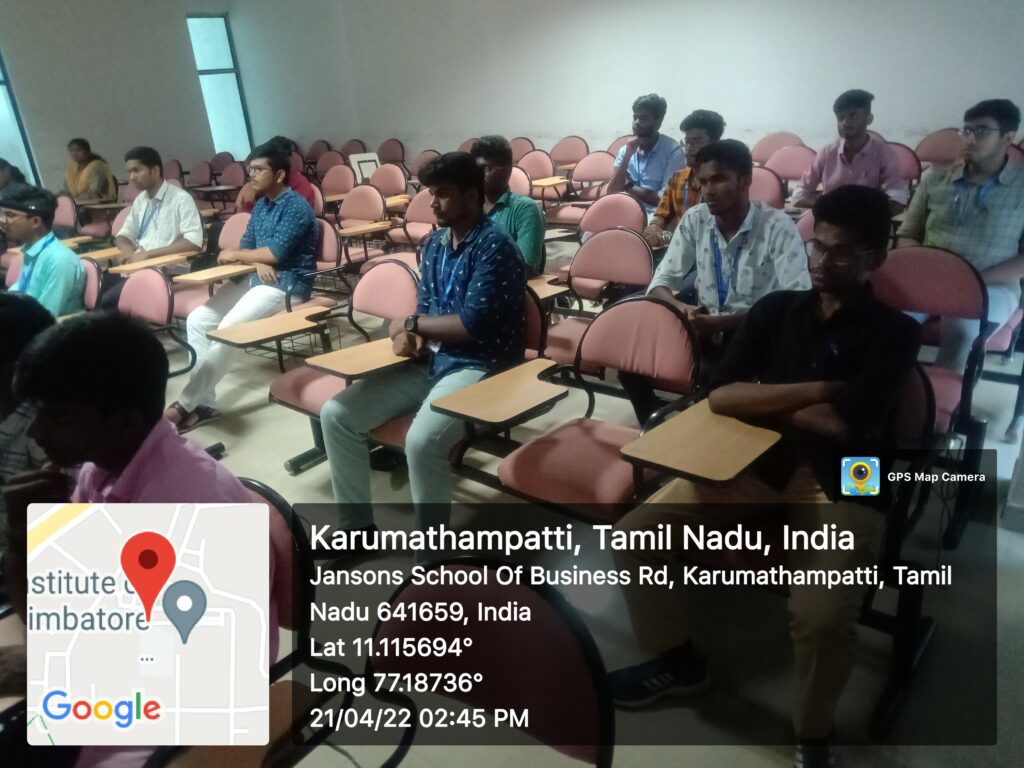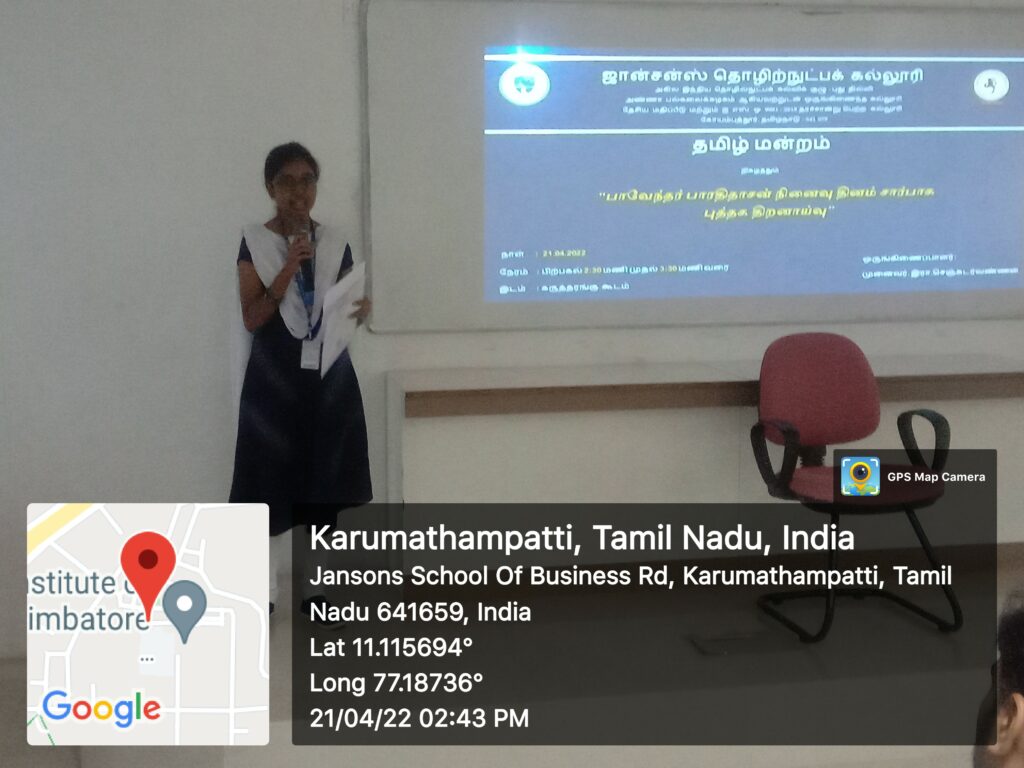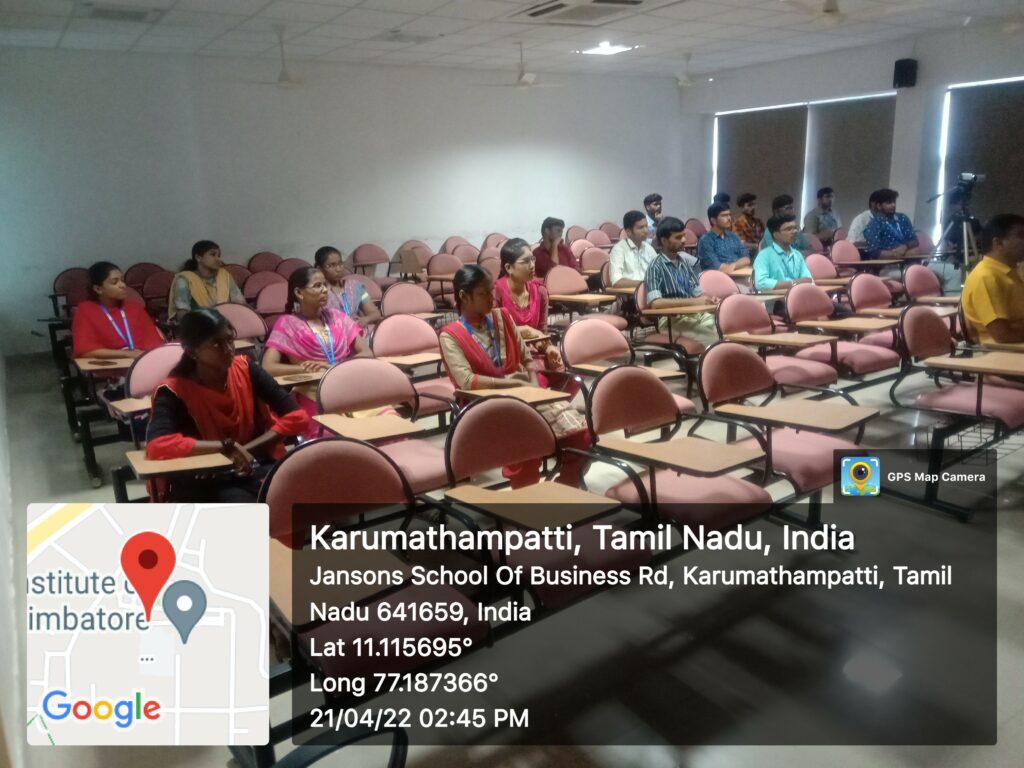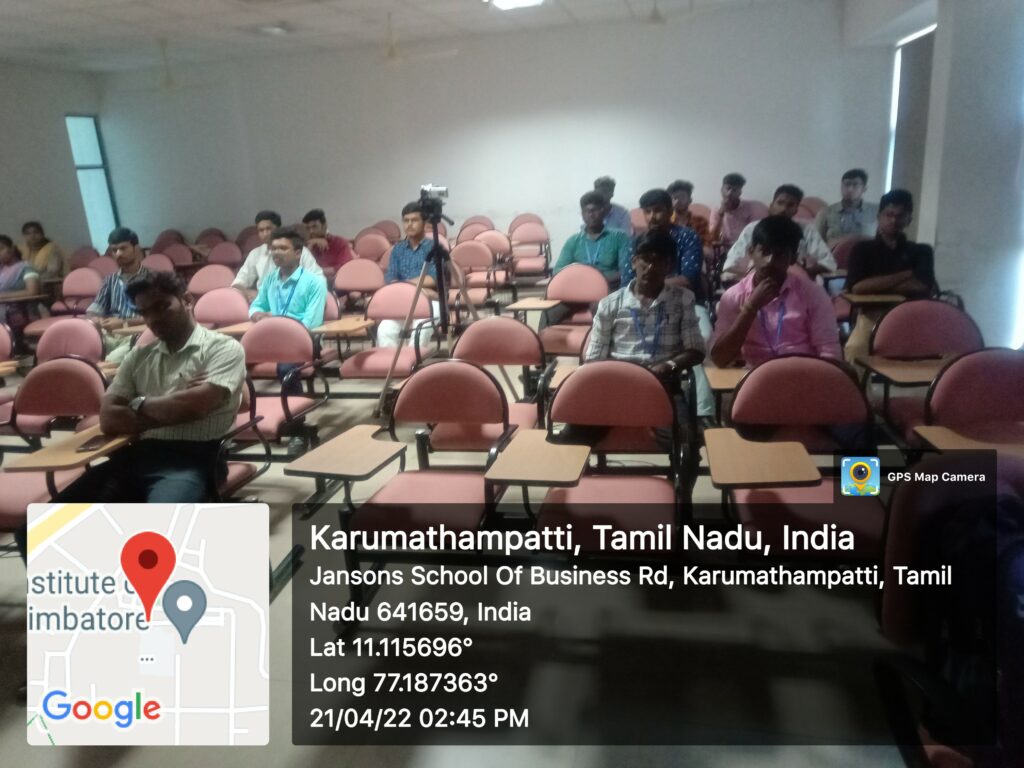- Posted on
- Tamil Mandram
- Tamil Mandram
Paavendar Bharadhidasan Ninaivu Dinam Saarbaga Puththaga Thiranaivu (Book Review Event) – 21.04.2022
Kanakasabai Subburathinam (29 April 1891 – 21 April 1964, popularly called Bharathidasan) was a 20th-century Tamil poet and rationalist whose literary works handled mostly socio-political issues. His writings served as a catalyst for the growth of the Dravidian movement in Tamil Nadu. In addition to poetry, his views found expression in other forms such as plays, film scripts, short stories and essays. The Government of Puducherry union territory has adopted the song of invocation to Goddess Tamil written by Bharathidasan as the state song of Puducherry.
Bharathidasan was a twentieth century Tamil Poet and a rationalist whose literary works handled Socio-Political issues. His greatest influence was Periyar and his self-respect movement. In addition to poetry, his views found expression in his works of essays, plays, films, scripts. He was also influenced by his mentor Bharathiar, another great Tamil poet. He was awarded the Sahitya Academy award for Literature in the year 1969. He was also called as “Paventhar Bharathidasan”, “Puratchi Kavingyar” (Revolutionary Poet).
A book review is a form of literary criticism in which a book is merely described (summary review) or analyzed based on content, style, and merit. A book review may be a primary source, opinion piece, summary review or scholarly review. Books can be reviewed for printed periodicals, magazines and newspapers, as school work, or for book websites on the Internet. A book review’s length may vary from a single paragraph to a substantial essay. Such a review may evaluate the book on the basis of personal taste. Reviewers may use the occasion of a book review for an extended essay that can be closely or loosely related to the subject of the book, or to promulgate their own ideas on the topic of a fiction or non-fiction work. Here the book entitled IRUNDA VEEDU written by Paavendar Bharathidasan is reviewed excellently by Monica Nancy V of III ECE.






